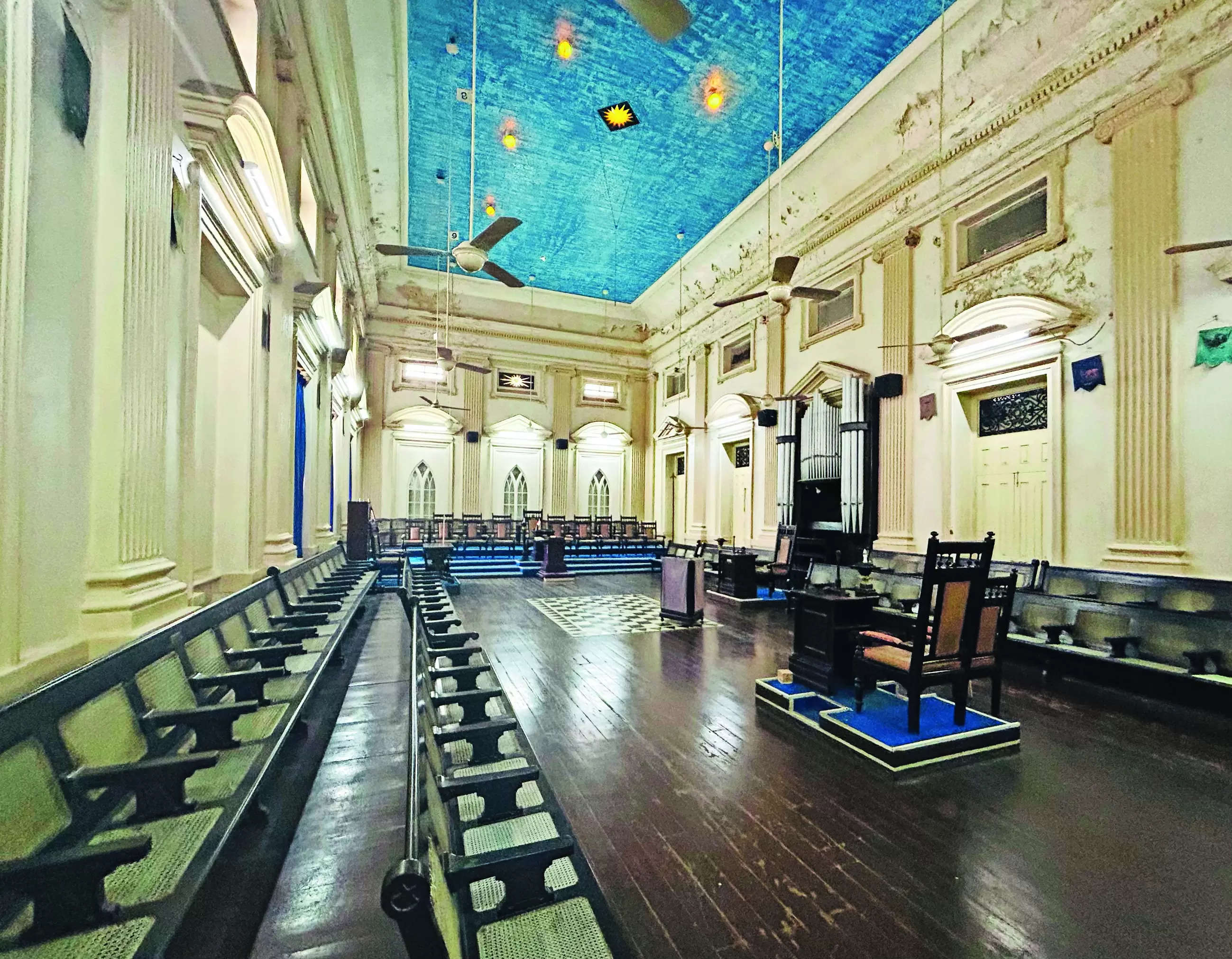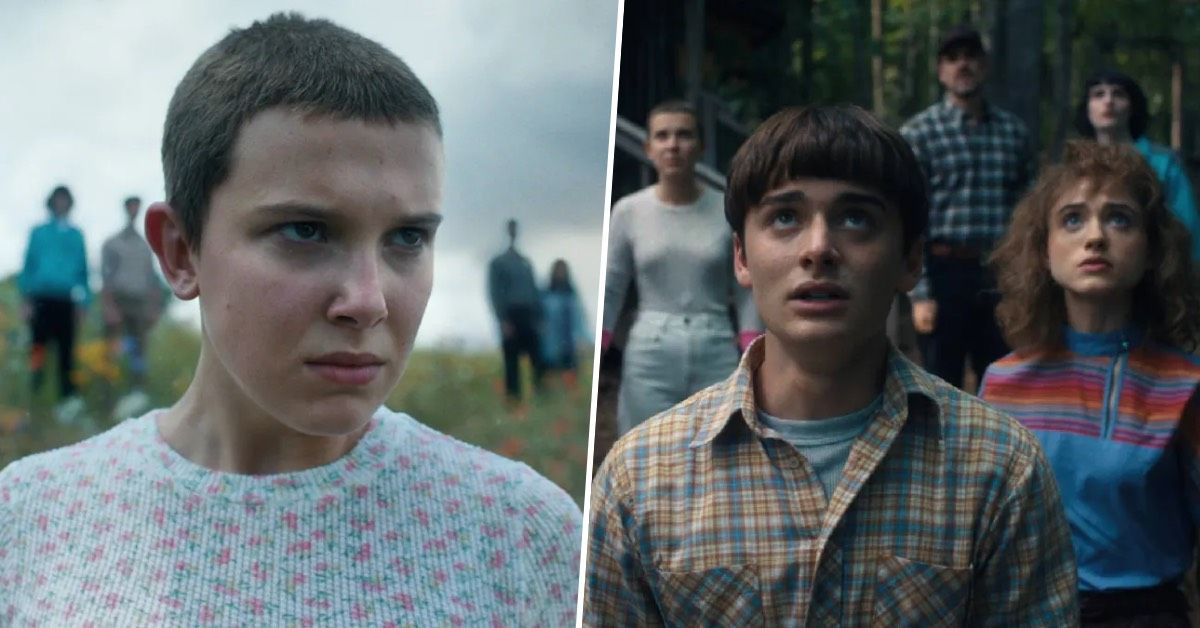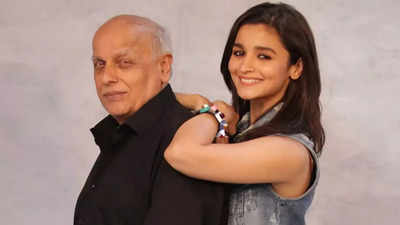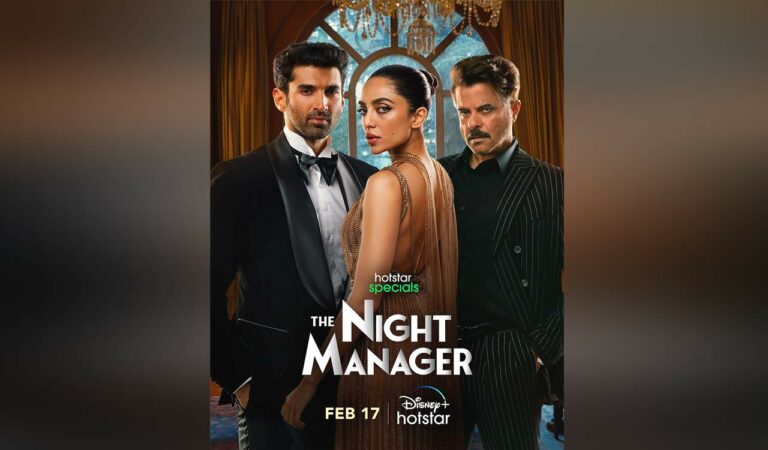Freemasons’ Hall opp Sterling Cinema An inside view of one of the temples (meeting hall) Freemasons’ Hall opp Sterling Cinema An inside view of one of the temples (meeting hall) Freemasons’ Hall opp Sterling Cinema 1 2 MUMBAI: Nestled within an inconspicuous heritage edifice in south Mumbai lies the headquarters of an enigmatic fraternity with an opulent 120-year-old history that dates back to Biblical times. The Freemasons ' Hall at Fort, situated opposite Sterling Cinema, is the convening place for members of this ancient brotherhood, and it is set to welcome the public for an extensive tour of its hallowed halls and commemorate one of its most distinguished members of founding fathers, oriental scholar and linguist, K R Cama , on Aug 10. He was a prominent Freemason and the first Indian to be bestowed with the title of Provincial Grandmaster.
KR Cama was a renowned figure among the Bombay Parsi reformers, celebrated for his pioneering efforts in promoting education for girls and advancing oriental studies. The Freemasons boast a roster of illustrious members, including luminaries like Sir Jamshetjee Jeejeebhoy, Sir Phirozshah Mehta, and Dadabhoy Nowroji Tata. All over the world, there are around 50 lakh Freemasons.

In India, there are about 20,000, and in Mumbai, the number is estimated at 4,000. "This edifice was built for Freemasonry in Mumbai, its foundation stone was laid by Lord Sandhurst, then Governor General of Bombay, on 5th June 1897. The 127-year-old building has four temples which are four meeting rooms," said P Venkatraman, a Freemason for 30-odd years.
For years, the Freemasons have piqued curiosity and interest of historians, academics, and public; from rumours of alleged devil worship to purported control over the US dollar. "All those are just myths and rumours. We are essentially a brotherhood, and we believe in making good men better and use stonemason's customs and tools as allegorical guides," said Noshir Godrej Paghdiwalla, District Grand Secretary.
The earliest records of Freemasons meeting were in the rooms above Kala Ghoda. They have often been called a secret society with special rituals, initiation ceremonies, symbols, and handshakes. However, Kersi Limathwalla , the District Grandmaster, says, "We are not a secretive organisation, rather an organisation that has secrets .
For example, if you went to big corporate companies and asked them for minutes of their meetings, would they give it to you? Or would Coca-Cola give you the recipe of their drink? Similarly, we have certain secrets." Aside from the rituals and symbols, charity , equality, and morality are pillars of Freemasonry, say members. "To be a Freemason, it is essential to believe in God, irrespective of which religion you belong to and follow.
In our meetings, our altar has all religious texts to symbolise that God is above all. Within our doors, we leave politics and religious debate outside as well as class or stature. In one such instance, there was once a king who was a member and had to salute his gardener who held a prominent role in the organisation," said Limathwalla.
Charity is a distinguishing characteristic of masons. "Charity is done by individual lodges, district or grand lodges. However, we believe in the idea that your left hand should not know what is in your right hand, and so we refrain from publicity," said Limathwalla.
.



















